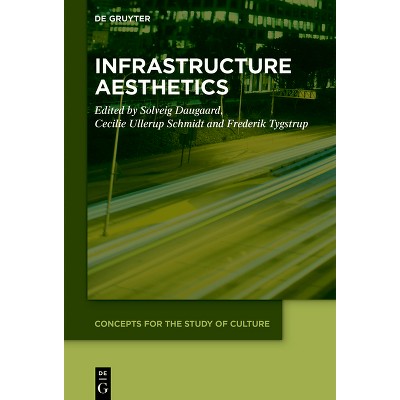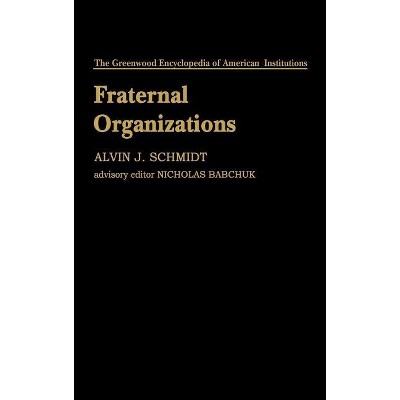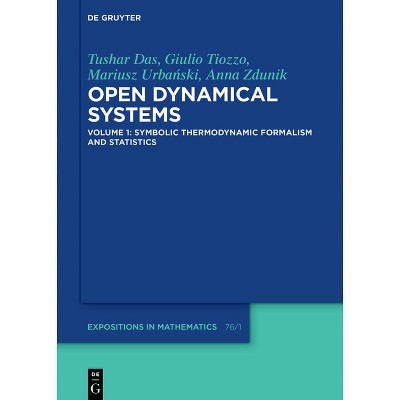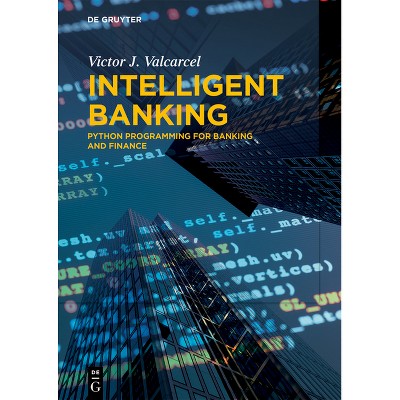About this item
Highlights
- The Series provides an overview of the rapid development of new rocket propellant concepts, mainly in the area of environmentally-friendly rocket propellants, while at the same time it documents the history of what had been done with less sustainable, but more energetic materials in the past.
- About the Author: Dr. Schmidt is a retired rocket propellant chemist still active in consulting, teaching, and writing books.
- 2872 Pages
- Science, Space Science
Description
Book Synopsis
The Series provides an overview of the rapid development of new rocket propellant concepts, mainly in the area of environmentally-friendly rocket propellants, while at the same time it documents the history of what had been done with less sustainable, but more energetic materials in the past. The publication summarizes lessons learned, covering mainly liquid rocket propellants, and will help chemists in developing new energetic materials. Encyclopedia of Bipropellant Combinations is the fourth set of the series Encyclopedia of Rocket Propellants. Previously published sets include Encyclopedia of Oxidizers (5 volumes), Encyclopedia of Liquid Fuels (5 volumes), and Encyclopedia of Monopropellants (2 volumes).
Encyclopedia of Bipropellant Combinations contains information on liquid rocket propellants used in bipropellant rocket engines. At one time it was planned to publish the subject of bipropellant combinations in two separate sets, one on hypergolic and one on non-hypergolic bipropellant combinations. Instead the two sub-topics are now combined conveniently in one set, published in three volumes. Encyclopedia of Bipropellant Combinations offers:
About the Author
Dr. Schmidt is a retired rocket propellant chemist still active in consulting, teaching, and writing books. During the time span between 1968 and 2001 he has already published three books on rocket propellants and hydrazines. Dr. Schmidt retired from Olin Aerospace Company in 1995 and is volunteering as Affiliate Associate Professor in the Department of Aeronautics and Astronautics at the University of Washington, Seattle, WA, USA, and he volunteered as Subject Matter Expert with Energetics Research Group at Johns Hopkins University, Columbia, MD, USA.












